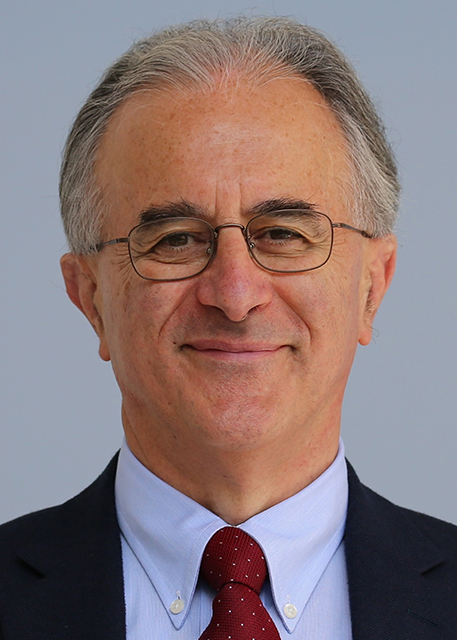Executive Leadership | From the Editor-in-Chief
July 2019
Science, Patients, Data, Speed

Alberto Grignolo, PhD
Editor-in-Chief
Global Forum
Fellow of DIA
J
ust back from DIA’s energized and thought-provoking 2019 Global Annual Meeting (DIA2019) in San Diego, I come away with three impressions:
- The phenomenal science that is driving new products is generating excitement, hope and, most importantly, amazing results. It has also changed the attitudes of regulators, who are messaging in clear terms their readiness to engage with sponsors early and often, to make sure that breakthrough cures reach patients rapidly. One caveat: in the realms of cell and gene therapy the clinical evidence of efficacy and safety may be ready far more quickly than a company’s ability to manufacture the product at scale for the market. This would be sad indeed, as patients would be kept waiting; companies are on notice from regulators (CBER’s Peter Marks, in particular) to not let this happen.
- Patients have now noticed that DIA members are paying attention to them and that their voices are sought after and heard. DIA2019 comprised 34 formal sessions (an encouraging 12% of the total) on patient engagement and triggered countless discussions and debates on how to involve patients in the development of new products that benefit them. One patient advocate who lost two daughters to a genetic disease declared herself “reinvigorated” after attending her first-ever DIA event and discovering a vast global community entirely focused on developing cures. My own view is that we are nearing a “tipping point”: engaging with patients early in product development will soon be incorporated in Best Development Practices, and not doing so will be an anachronistic “violation”. The DIA ecosystem of stakeholders is a powerful catalyst for this imminent culture change.
- Data are accumulating at a dizzying pace and are now a major new focus for dozens of organizations. Technologies and companies are sprouting up every day to improve ways to collect, analyze and put to good use the growing mass of clinical information. AI, machine learning, natural language processing, blockchain, wearables and sensors were main topics in sessions and conversations about the data that patients produce within and outside clinical trials and allow other stakeholders to leverage to improve the world’s health. The question of who owns patients’ data was debated but not answered because there are too many moving parts and interests; but an answer will be needed sooner than later because patient data are now the currency of the ecosystem.
Look for much more content from DIA2019 in our August issue.
Reflecting these and other global trends, the DIA 2019 China Annual Meeting in May is featured in several articles in this issue and, not coincidentally, also highlights science, patients, and data. The ecosystem is now truly global.
The growing consensus is that we are now in an unprecedented and accelerating age of innovation in science and medicine.
Let’s fasten our seatbelts.
Send your feedback on this issue to:
Publications@DIAGlobal.org

